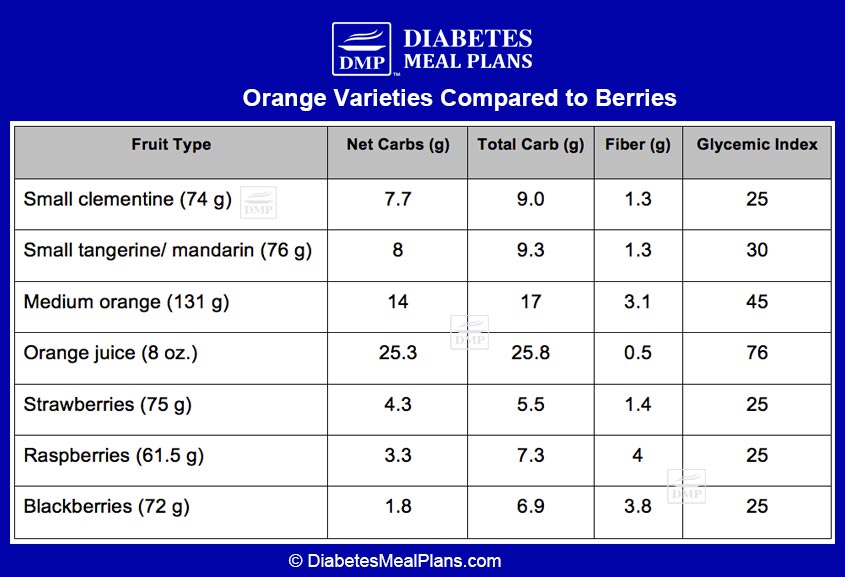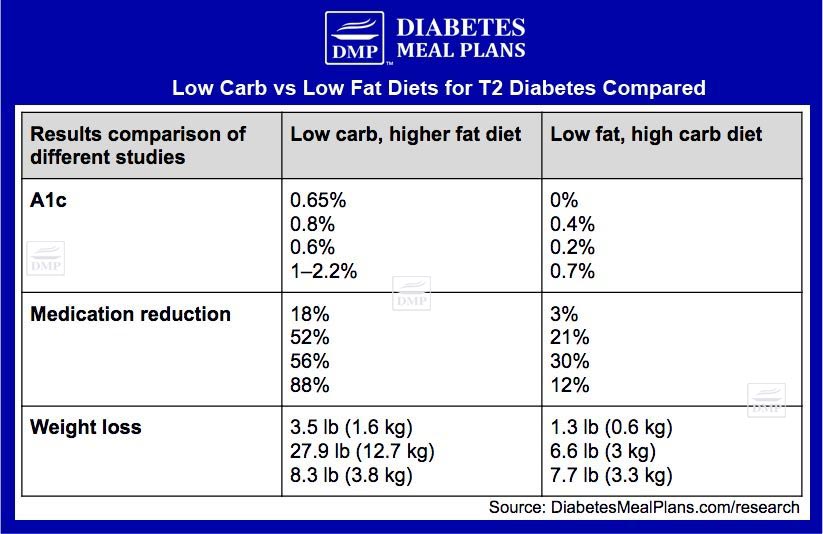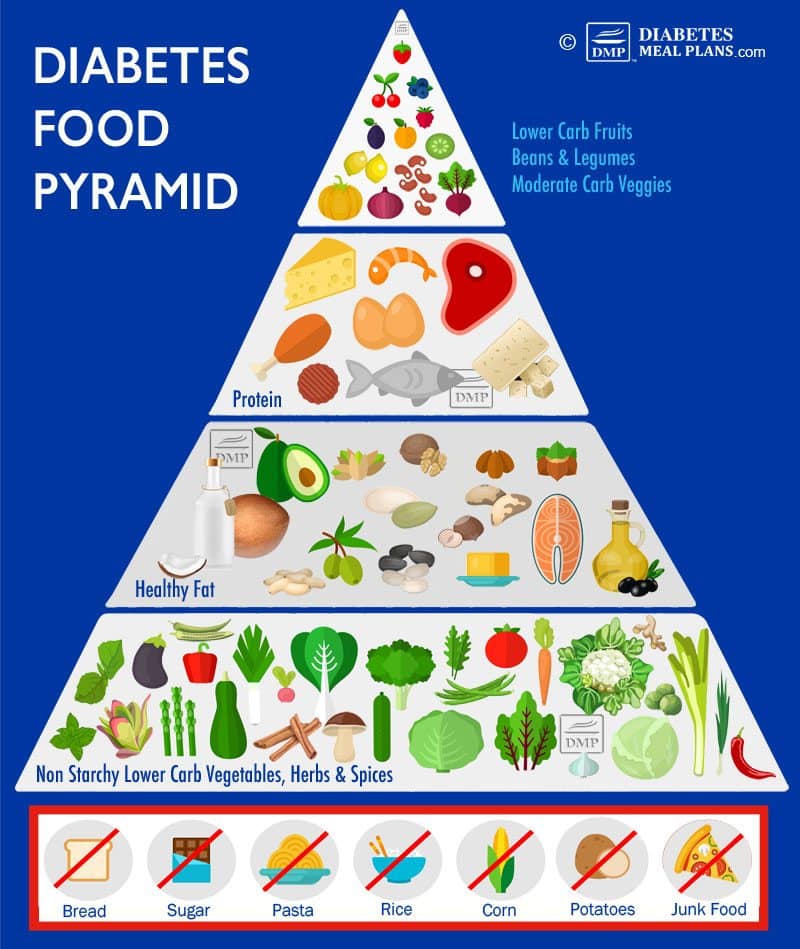Oranges are a fruit we’ve all long associated with being “healthy,” especially for getting our daily dose of vitamin C. But are oranges good for diabetes or prediabetes?
The short answer is: it depends.
Read on to discover the nutrition facts, fruit comparisons and research on oranges for diabetes.

What are Oranges?
Oranges are bright and colorful fruits grown in tropical regions of the world. They are also members of the citrus family.
While lemons, limes, and grapefruit all fit nicely into a low carb diet, unlike other citrus fruits, oranges are not naturally low in sugar. In fact, it’s quite the opposite.
Nutrition Facts for Oranges
Let’s look at the nutrition facts for one medium-sized orange (131 g):
- Calories: 69
- Carbohydrates: 17 g
- Sugar: 11.9 g
- Dietary fiber: 3.1 g
- Protein: 1.3 g
- Fat: 0.2 g
The first thing you may notice about oranges is that their carbohydrate count is pretty high.
Although there is some dietary fiber (3.1 g per orange), there is just not enough fiber to outweigh the effects of the 17 g of carbs, especially when over half of them are straight sugar.
While the sugar is “natural” fruit sugar, it is still sugar nonetheless. And in the end, all those carbs and sugar only end up in one place – your bloodstream!
This doesn’t mean that oranges are completely off limits, though.
Certain types of oranges may be OK to eat in small quantities.
Comparing High and Low Sugar Fruits
Your average, run-of-the-mill orange is about the size of a baseball and contains more sugar than is wise for a person with diabetes (or prediabetes) to consume in one sitting.
Luckily, there are miniature oranges called clementine’s or mandarin’s that contain relatively less sugar and fewer carbs, because of their small size.
Just to be clear, we are not referring to the canned mandarin oranges that are pre-packaged and sitting on a store shelf. Those are often canned in syrup or fruit juice that is packed with added sugar.
Yes, they taste delicious, but by the time they have been canned, sweetened, and processed, they are closer to candy than they are to real fruit.
Let’s take a peek at the fruit chart below and pay special attention to the amount of net carbs and the glycemic index of each.

First, let’s consider the orange juice. Not surprisingly, it has over 25 g of sugar in just one 8 oz glass.
While juice is often advertised as a healthy addition to your breakfast, it is actually just a sugar bomb that will send your blood sugar levels upwards in a hurry.
An easy rule is: when it comes to fruit juice, just say no!
While an orange is somewhat less carbs/sugar than the fruit juice, it is still at least double the carbs of other fruits.
You can see the differences between the medium sized regular orange and the small clementine.
The clementine has half the carbs of the regular orange, which is why clementine’s or mandarin’s are more acceptable as a fruit of choice.
Finally, check out the net carbs for each of the three berries listed.
Net carbs are calculated by taking the amount of total carbs and subtracting the amount of fiber (Total carbs minus fiber = net carbs).
Since the body doesn’t absorb fiber, net carbs are the ‘available carbs’ left for your body to absorb. This means paying attention to the net carbs in a food is one way to estimate how much that food is going to affect your blood sugar. A food higher in fiber will most often have a lower impact.
The raspberries, for example, have 7.3 g of total carbs in a half cup serving. This is almost as many carbs as the clementine orange, until you subtract the amount of fiber. Because raspberries are a high fiber fruit with a whopping 4 g of fiber, that brings your net carbs down to just 3.3 g.
Overall, raspberries will have less of an impact on blood sugar than a clementine. And certainly much less than an orange with 14 g of net carbs.
All this talk about carbs. Why is it so important?
Carbohydrates are the nutrient that influences blood sugar and A1c the most.
This explains why berries are a better choice than fruits like bananas, mangos, and oranges – they are lower in carbs and higher in fiber.

Research on Oranges and Diabetes
While research does support that diets higher in fruit and vegetable intake are associated with a lower risk of developing diabetes, the research on diet for existing diabetes says something a little bit different.
When we look at the goal of diabetes (or prediabetes) treatment, the most important thing is achieving good blood sugar and A1c control. The reason for this is that blood sugar levels above the normal range cause damage to the vessels throughout the body, leading to potential diabetic complications – something that’s in everyones best interest to avoid.
Research demonstrates that lower carb diets are more effective than other diets in achieving good blood sugar and A1c control. In fact, the difference is quite significant.
Take a look at this chart of low carb diet results, compared to your typical low fat, high carb standard diet.

This is only a small fraction of the research, but as you can see, a lower carb diet outperforms a low fat, higher carb diet.
Unfortunately, higher carb fruit like oranges is not on the list of ‘allowed’ foods in low carb diets, quite simply because it’s right up there in terms of carbs. And in terms of helping with blood sugar and A1c control, there is no research that shows oranges offer any benefit.
When you’re managing type 2 diabetes or prediabetes through diet, your fruit intake should be moderate to low. And eliminating high sugar fruits and sticking to lower carb options like berries, stone fruit and citrus such as lemons, limes, and grapefruit, is one way to improve blood sugar and A1c results.
On the other hand, vegetables are a carbohydrates source that you can include in abundance and variety.
Use the following diabetes food pyramid to guide your food choices.

Conclusion: Are Oranges Good For Diabetes?
The final verdict is…oranges don’t really form a part of a low carb diet, such as the one we encourage here.
However, as long as you keep the serving size small (maybe, 1/3 to 1/2 of a regular sized orange), you may get away with it on the odd occasion.
Alternatively, choose a small clementine or mandarin. Or, stick to berries if you feel like a sweet treat. These fruits are all lower in carbs and lower in glycemix index, making them more blood sugar friendly.
And here’s a tip for your kitchen: grating orange zest into a meal is a great way to add flavor without the carbs, too.
Please pin, share or tweet this info to help others – thanks!

Leave a Reply